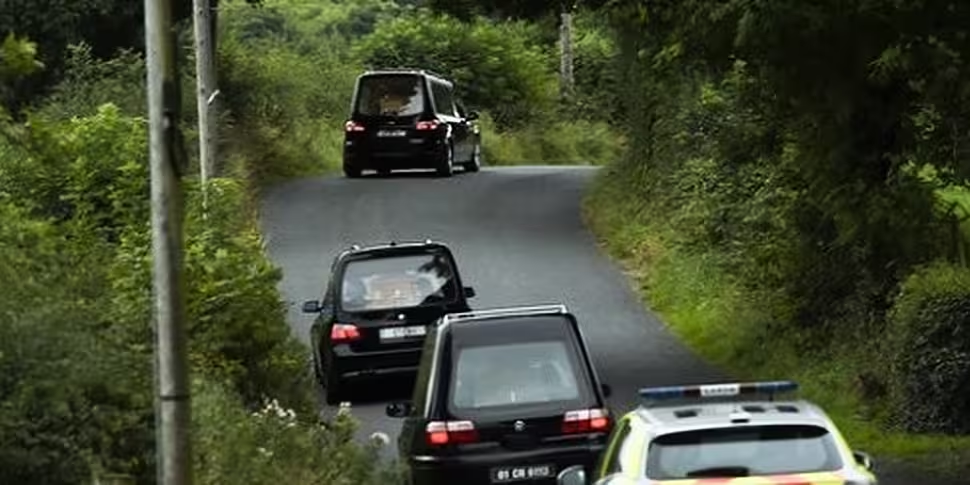Updated 1.45pm
A medical expert says he believes a man who killed his wife and three sons had a severe mental illness at the time of the deaths.
The jury at an inquest has returned a verdict of unlawful killing for Clodagh Hawe and her three sons Liam, Niall and Ryan.
A verdict of suicide was returned for Alan Hawe.
Solicitor Liam Keane spoke outside the inquest on behalf of Clodagh Hawe’s family.
The family said: "The inquest does not address why Alan Hawe committed this savagery, but his counsellor has said that he was concerned about his position as a pillar of the community.
"We are aware that he was concerned at his imminent fall from that position and the breakdown of his marriage."
Earlier, psychotherapist David McConnell told the hearing he first met Alan Hawe in March 2016 and had ten counselling sessions with him.
He said he was open during his sessions and placed a high value on family life and on being a good husband and father.
He said Alan Hawe was stressed in his last session in June and was in fear of shame of being less than perfect.
He said Alan Hawe said: ‘People think of me as a pillar of the community. If only they knew.’
On that last session, Alan Hawe also went to the GP who said she knew nothing of his counselling sessions.
She said he was stressed, had mouth ulcers and a toenail problem.
He had insomnia and was concerned about a conflict that had risen with a work colleague.
An external medical expert Professor Harry Kennedy said in his opinion, at the time of the killings Alan Hawe had progressed from a long standing depressive illness to a more severe depressive episode with psychotic symptoms.
He said Alan Hawe seemed to have delusional beliefs that were not rooted in reality
Professor Kennedy said in the course of a severe mental illness people’s judgement is severely impaired and he believes this is what happened in this case.
Clodagh Hawe and the three boys were killed by Alan in August 2016, and Alan then took his own life.
Anyone affected by the issues in this article can call The Samaritans on 116 123 or Women's Aid on 1800 341 900









